The uncertainties of the electronic catalog/does the government fulfill its budget obligations? – Mehr news agency Iran and world’s news
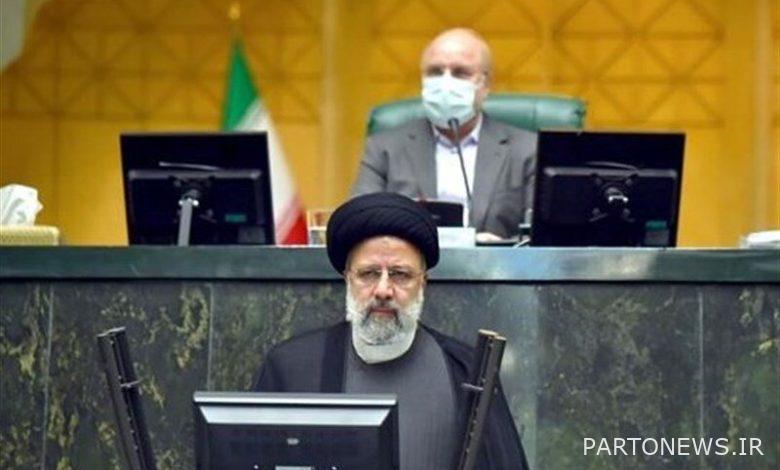
Mehr news agency; Politics Group – Zainab Rajaee: ““Preferred currency” was one of the economic policies of the 11th and 12th governments According to the experts, the country was caught in a sticky trap; A trap that the 13th government had to separate itself from after starting work. What has happened in a year and a half after Seyyed Ebrahim Raisi took office shows that the new government believes that the country’s economy has no way out except to get rid of the preferential currency and its harms.
During this period, many economic experts and activists spoke about the necessity of removing the preferential currency policy and supported the government to start this path. They believed that the results of such an action would benefit the people. Masoud Mirkazemi, head of the Program and Budget Organization, said: “By removing the currency of 4,200 tomans, we want to take the burden off the shoulders of the poor.”
Despite the fact that the experts believed that the harms of the preferential currency policy, from “From “profiteering” to “large rents”, it has closed the economy’s breathing space and disrupted the production environment of the country; But they repeatedly emphasized that without “planning and foresight” one should not enter the path of removing this policy.
“Hassan Forozan Fard”, the head of the judicial protection and anti-corruption commission of the Chamber of Commerce In this regard, he said: “The reform of this policy is like a surgery in the economy, and we hope that the surgeons will not only think about tearing the injured point.” And he emphasized: “Removing the 4,200 Toman currency is important, but the conditions after the removal are more important.”
The work does not proceed with “Insha’Allah and Masha’Allah”.
It caused repeated concern and warning of experts Discussions about removing the preferred currency become erosive and controversial; But the determination of the government gradually made the matter more serious. The government was impatient for this action in order to stop the waste of money and wantonness, but the parliamentarians did not consider the conditions of the country and the livelihood of the people to be ready to step on this path.
When the government’s proposal to remove the preferred currency went to the parliament for the first time, it was opposed by the Budget Consolidation Commission; “Ali Rezaei”, a member of this commission, says about the reason for Baharestan’s opposition: “The government does not say decisively and seriously what guarantees it will give so that the removal of the preferred currency will not cause livelihood problems for the people, it only says that, God willing, the problem will not be solved!” But by God’s will, it will not work. The parliament is worried, and because of this concern, the unification commission with the removal of currency 4200 Tomani disagreed.
After the conflicts between the parliament and the government, despite the fact that most of the representatives were seriously opposed to the removal of the preferred currency and were unaware of the government’s solution to prevent the impact on the people’s livelihood, they finally decided to allow the removal of the preferred currency, considering two conditions. Give the preferred currency to the executive branch.
Removal of preferred currency; To terms and conditions!
Finally, last winter, in the process of reviewing the 1401 budget, The people’s lawyers allowed the government on the condition that Return the prices to Shahrivar 1400 and to protect the livelihood, Give people an electronic invoice for basic goodscan legally trigger the removal of the preferred currency.
This is despite the fact that in the same days, the condition of “returning the prices to Shahrivar 1400” seemed impossible from the experts’ point of view. The conditions of the parliament for the government and the possibility of implementing it started a new controversy.
The government started removing the preferred currency, but not only the prices did not return to the rate of the previous months, but it followed an unbridled upward trend. “Mohammad Alipour, a member of the Parliament’s Economic Commission, says: “The Parliament in the budget bill 1401 It gave permission to the government to either continue the policy of preferential currency allocation or to remove it, with the condition that the price of basic goods will be compared to September of the year. 1400 should not change and emphasized from the beginning that if the government wants to remove the preferred currency for some goods, it should have an alternative support program so that there is no pressure on the people. The government must stop this unusual price increase”.
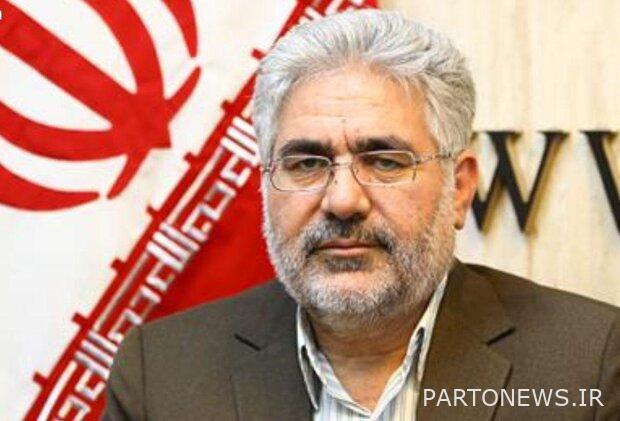
With rising inflation and high prices, returning to Shahrivar 1400 prices seemed more impossible than before, so the government tried to relieve itself from the burden of this condition. In this regard, he sent a bill to the parliament to remove the clause “returning the prices to Shahrivar 1400”. “Ihsan Arkani”, a member of the parliament’s budget committee, said about this bill: “This bill has reached us and we are studying it, but the representatives still insist on the implementation of their condition to remove the state currency from the import of basic goods.”
The provision of Kalaberg bed after 9 months
Although the condition of the parliament was not removed from the law, the government did not care to implement it and there was no news of a return or at least price control. The sudden increase in the price of basic goods raised the voice of the representatives’ protest, and several reminders addressed to the government and the economic team were raised in the hall of public meetings of the parliament.
“Shahbaz Hasanpour” The vice-chairman of the Economic Commission of the Islamic Council said in one of these remarks: “According to the resolution of the Parliament, the basic goods that reach the people, especially the lower deciles, should be based on the price of September 1400, but today the prices are so unbridled that We are ashamed to do them.
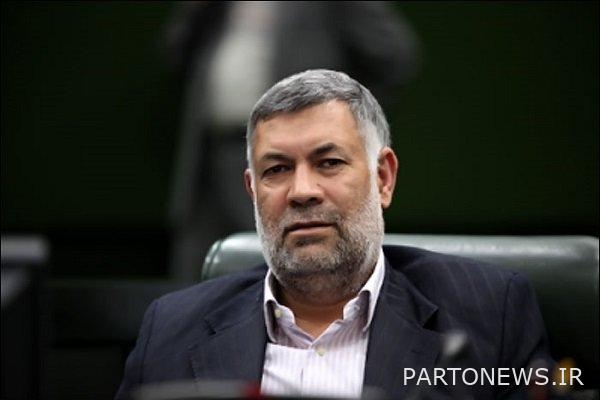
Finally, after about 9 months passed and after consecutive reminders from the parliament, the government decided to fulfill one of the two conditions of the law and it was decided to start providing the electronic goods list. Seyed Ehsan Khandozi, Minister of Economy of the country, announced on the third of December that the trial implementation of this project will begin in one of the southern provinces of the country.
About a week later, Solat Mortazavi, the Minister of Cooperation, Labor and Social Welfare, told reporters on the sidelines of the government delegation that the implementation of the pilot project of the electronic cargo paper in Hormozgan has been started. He explained:The legislator mandated that the government distribute electronic leaflets instead of paying cash subsidies, but since the platform has not been provided yet, this work was not done..»
Implementation of half and half law!
The trial implementation of this plan was started in two other provinces as well, but it is noteworthy that it seems that there is still no news of the prices returning to Shahrivar 1400. Jaafar Qadri, a member of the Program and Budget Commission of the Islamic Council, gives the right to the government and says: “Prices are not supposed to return to September. The government does not have the resources for such an action, with which resources can it pay the difference between today’s price and September 1400?”
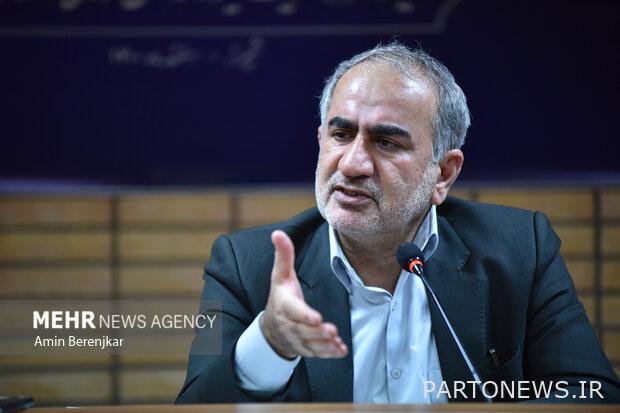
He asked the question that what will be the duty of the government to act on the condition of the parliament and the implementation of the law? He replies: “There was no such promise!” No such thing has been proposed at all! If he is going to implement this condition, he should foresee new resources in the budget, while there are no such resources. “The only way is for the government to remove the preferred currency and pay the revenue to the people in the form of subsidies.”
At the same time, many representatives in the parliament still insist on implementing the law for the benefit of the people and consider the government obliged to fulfill its promise about the return of prices. Seyed Mohsen Dehnavi, a member of the Presidium of the Islamic Council, emphasized that the price of basic goods should be at the Shahrivar rate of 1400 and according to the resolution of the Parliament, the difference should be paid from a subsidy account, saying: “We are against the new news from the officials of the Ministry of Welfare. It has been proposed that we are not, provided that the customer’s share in the purchase of basic goods must be at the rate of Shahrivar 1400, the difference must be paid from the credit of the individual’s subsidy in the card, and the resolution of the parliament must be strictly implemented.

Dehnavi emphasizes: “If the Kalaberg plan is not implemented as we have put it in the law, it is against the approval of the Islamic Council in the 1401 budget, and the parliament will definitely intervene because it should not act against the law.”
Mehdi Taghiani, a member of the Economic Commission of the Islamic Council, says:People who have goods, should buy basic goods and items specified in this section, at the price of Shahrivar 1400 pay and the difference must be given by the government, which is mandatory and is stated in the budget.»
He reminds: “If a person receives a Kalaberg card instead of a subsidy, he must use the Kalaberg card to purchase the specified items at the price of Shahrivar. 1400 to buy To be more precise, those items should be at the Shahrivar rate at whatever price they are in the market 1400 To be available to people who have the goods.»
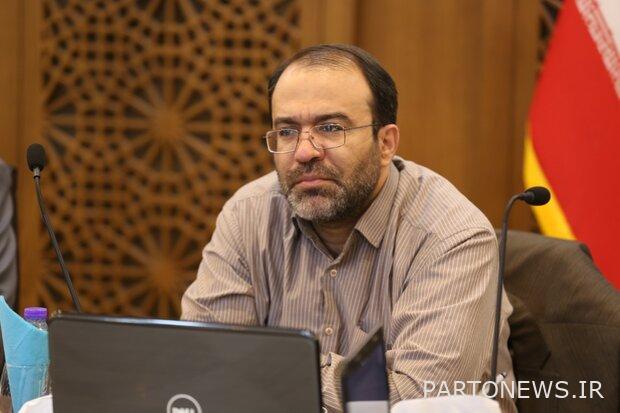
Continuity of contradictions; From claim to execution
The series of contradictions about the allocation of electronic invoices continues, from the statements of parliamentarians to the implementation of the law by the government. Some representatives emphasize the implementation of the law, while another group believes that the government does not have the resources to finance the return of prices, and it is not possible to comply with such a requirement.
There are many questions and ambiguities about the government’s strategy to open the tangle of preferred currency; If it is supposed that the prices will not return to Shahrivar 1400, what will happen to the explicit text of the budget law and the terms and conditions of the parliament? Isn’t providing the electronic product list and not returning the prices to Shahrivar 1400 a clear example of non-compliance with the law? If such a condition is not possible to implement, why was it accepted by the parliament and why was it accepted by the government?
Regardless of the necessity of implementing the law, if it is supposed that the plan to provide the electronic product list will not be implemented in compliance with the condition of returning the prices to September 1400, what is the necessity of implementing such a mechanism? While it is possible to add the desired amount for each person to the amount of the subsidy for removing the preferred currency?
TheMehr news agency in Social Networks follow

